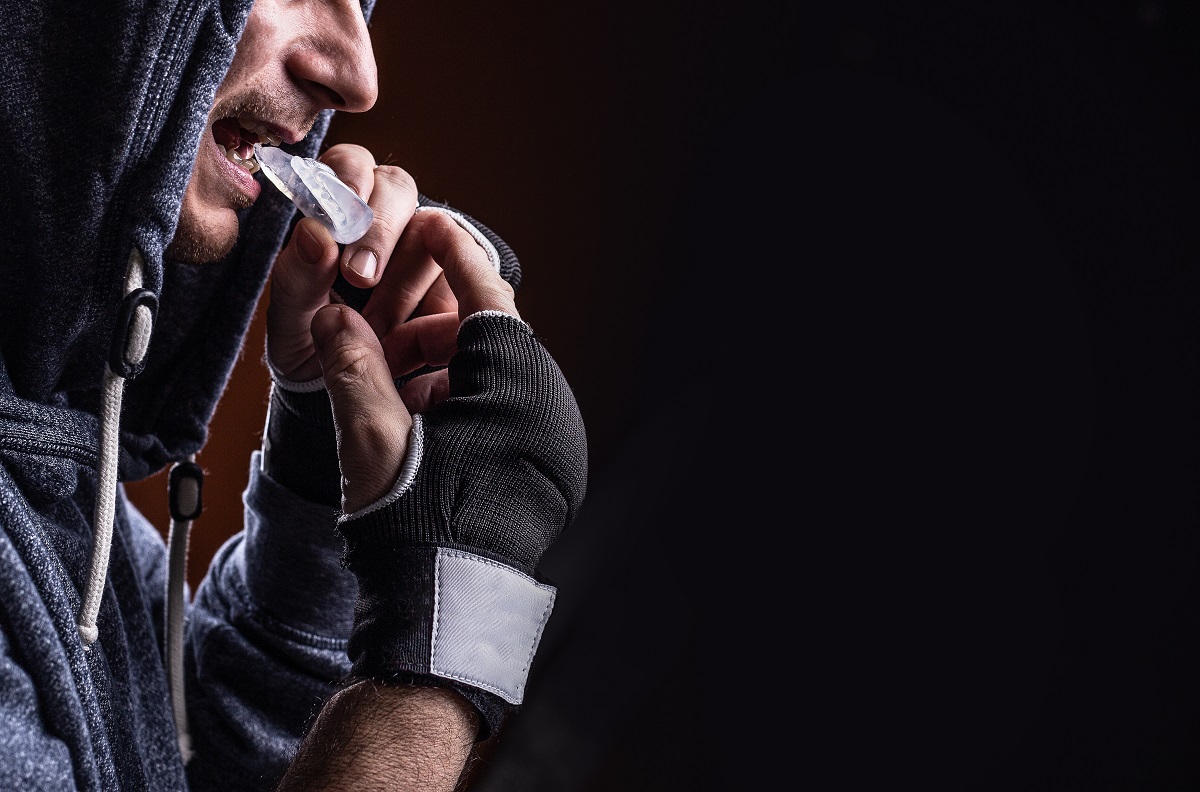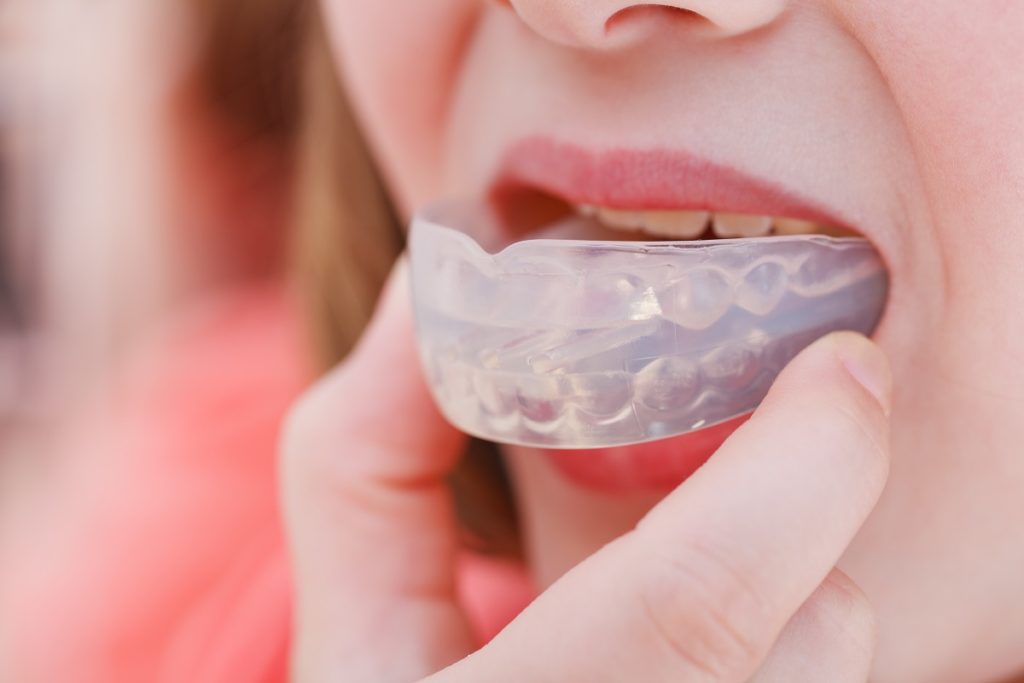Imagine what suddenly losing a front tooth or two would feel like. Easy things like eating, smiling, and speaking would suddenly become a struggle. But knowing how you can protect your mouth is critically important particularly if you play contact, organized sports, or some other recreational activity that could potentially endanger your mouth.
A Mouthguard is Your Mouth’s Best Friend
Also known as mouth protectors, mouthguards aid in cushioning a blow to your mouth to reduce the risk of oral tissue injuries and broken teeth. They usually cover the upper teeth and help safeguard the tongue, cheek lining, and lips. The top front teeth take most of the trauma in a mouth injury since they protrude a bit more than your bottom front teeth.
When it comes properly protecting the mouth, a mouthguard should be an essential piece of equipment that you must use when practicing or playing your sport. Although contact and collision sports like boxing, football, and soccer pose a higher risk of mouth injuries than other sports, some people may also sustain a mouth injury in non-contact sports or activities like skating, gymnastics, or skateboarding.
When choosing a mouthguard, a custom-made version is best since this will be crafted by your dentist specifically for you. You can also consider boil and bite or stock mouthguards sold at most drugstores. While these options may not fit your mouth exactly, they still offer some protection.
Mouthguard Replacement and Care
You should replace your mouthguard right away once it’s showing signs of wear and tear, becomes ill-fitting, or has been damaged. Kids and teenagers might have to replace their mouthguards more frequently since their mouths and jaws are still changing and developing. Between games, it’s also vital to clean care for your mouthguard. You can do this by:
- Rinsing it before and after using and brushing it with a soft-bristled brush and your regular toothpaste. Some people even clean their mouthguards with soapy water from time to time.
- Storing and transporting it in a durable container that ideally has vents to prevent bacteria growth. Never leave your mouthguard in hot water or under the sun.
- Checking it regularly for fit issues and signs of wear to check if you need to replace it. Your dentist can likewise help you check your mouthguard during routine dental checkups.
It’s also important to note that you should always store your mouthguard properly because your pets will use it as a chew toy.

Mouthguards and Orthodontics
A custom-made mouthguard is particularly vital for individuals who have braces or other fixed orthodontic devices since a seemingly negligible blow to the mouth could lead to damage. A custom-fitted mouthguard will likewise serve as an excellent barrier between your cheeks or lips and your braces, helping you avoid soft tissue injuries.
Speak to your orthodontist or dentist about the most suitable mouthguard for your needs. While some mouthguards can only cover the top teeth, you may also need to get one that can cover your bottom teeth if you also have braces there. Additionally, if you wear a retainer or some other type of removable orthodontic device, always remove it when playing sports to ensure that your mouthguard will fit seamlessly.
Your dentist is the best individual to ask for additional information when it comes to safeguarding your mouth during sports. Who better than the one person (besides yourself) who knows all about your oral health, right?
Yes, wearing a mouthguard during practice and when playing could sometimes be annoying. On the other hand, it’s definitely more comfortable and a lot less costly than dealing with dental injuries.

